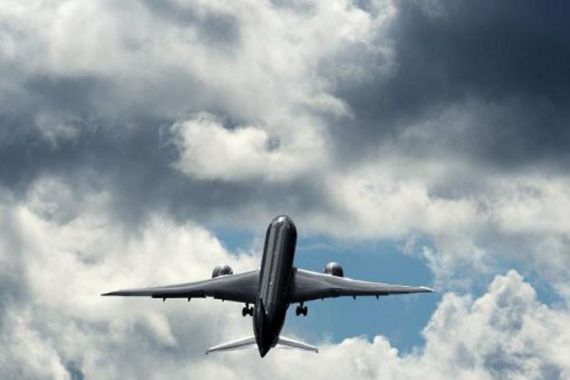Qatar says taken key step to controlling own airspace
Months after resolving a rift with its neighbours, Qatar can now establish its own Flight Information Region in its airspace.

Qatar has said that it has been given a preliminary green light by a UN body on a proposal to control its own airspace, months after resolving a rift with its neighbours.
The UN’s International Civil Aviation Organization (ICAO) has given Qatar permission “in principle” to establish its own Flight Information Region (FIR) in its airspace, the Gulf nation announced on Tuesday.
This decision was in response to a request from Doha to withdraw from an agreement signed with neighbouring Gulf state of Bahrain, under which it had delegated its air navigation services.
A three-year dispute with its Gulf neighbours led by Saudi Arabia had highlighted the shortcomings of the deal, which left Qatar completely reliant on access to airspace controlled by other countries.
Qatar and Bahrain were left with maritime boundaries drawn by the UK, the former colonial power, that have been the source of recurring disputes and clashes. Airspace is largely determined based on existing land and maritime borders.

The ICAO “agreed, in principle… with the establishment of a Doha Flight Information Region (FIR) and Doha Search and Rescue Region (SRR)” at talks last month, Qatar’s transport and communications ministry said in a statement.
It would “include Qatar’s sovereign airspace and, to optimise safety and efficiency of the regional airspace, other contiguous airspace over the high seas”, it added.
Qatar’s proposal also covered “its intention to withdraw from the current arrangement whereby it has delegated to Bahrain the provision of air navigation services over its sovereign territory”.
“The proposal represents one of the sovereign rights of the State of Qatar and demonstrates the huge investments made by Qatar to develop its air navigation system,” Transport Minister Jassim Al-Sulaiti said in the statement.
Reconciliation
The move comes a few months after a landmark reconciliation between Qatar and other Gulf countries including Bahrain.
The regional bloc led by Saudi Arabia broke ties with Doha in 2017, accusing it of supporting “terrorism” – charges that it denied.
They imposed wide-ranging punitive measures, including banning Qatari planes from their airspace, closing Qatar’s only land border with Saudi Arabia and expelling Qatari citizens.
In December Qatar reported airspace violations by four Bahraini fighter jets to the United Nations Security Council and the Secretary-General of the United Nations.
In a letter addressed to Security Council members and to the UN’s Secretary-General Antonio Guterres, Qatar’s ambassador to the UN said Bahraini military aircraft violated Qatar’s airspace by flying over the country’s territorial waters on December 9, 2020, state-run Qatar News Agency reported.
In July this year, the International Court of Justice – set up in 1946 to rule in disputes between UN member states – rejected an appeal by the blockading quartet against a decision by the world civil aviation body in favour of Qatar over sovereign airspace.
In 2018, the International Civil Aviation Organization (ICAO) ruled it had the jurisdiction to handle a dispute brought by Qatar, which accused its neighbours of violating a convention that regulates the free passage of its passenger planes through foreign airspace.
Qatar, which is hosting the 2022 World Cup, has become a major player in the airline industry through Qatar Airways, which along with Dubai-based Emirates is one of the largest airlines in the Middle East.